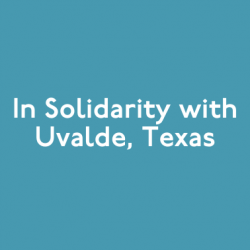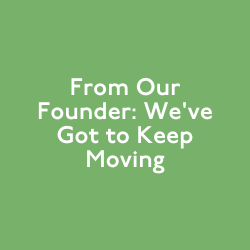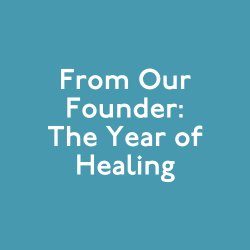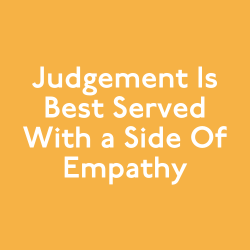To my Move This World Friends, Family, and Partners:
For the second time in a week, our country is grieving a mass shooting. When combined with a global pandemic that has taken the lives of more than 540,000 people, the grief and loss we have experienced in the last year is virtually incomprehensible. Now we are once again dealing with the tragic consequences of inaction — whether it’s calling out anti-Asian hate and racism, or curbing out-of control gun violence.
Our children are suffering through our failures. Children are not responsible for passing legislation or conducting background checks, but they still have to grieve the tremendous loss of life. They still have to deal with the trauma of tragedy, the emotions of the adults around them, the changes in their routines and daily lives, the safety measures and drills they’ll continue to practice when we’re back in school buildings. Almost all of our children have stories about the loss of innocence they experienced during their “first” mass tragedy. These moments are far too common. Yesterday’s Congressional hearings make it emphatically clear that public officials will once again fail to meet the moment. It is clear that grief will continue to be part of our daily lives.
As a parent and an educator, how are we to meet the moment? Are we failing our children, too? We are exhausted; a year of remote learning, parenting and teaching has us all hitting the pandemic wall. If we are struggling to process the emotions of these moments, how are we showing up for our children?
These are not easy questions to ask ourselves, and they are even harder to answer. But as a mother, I am reminded constantly that I must put on my own oxygen mask before I can help my daughters or my team. We must prioritize our own wellbeing before we can offer support to our children, students, colleagues, and friends.
One of the best lessons we’ve learned in this painful year is that caring for our own wellbeing is not a solo act. We are not alone in this work. I encourage you to reach out to your community – of parents, educators, friends, and peers – because we do not grieve in isolation. We heal in community.
Our community is offering some opportunities to learn about processing grief and loss this month. Join me for a conversation on Clubhouse on SEL Day, Friday March 26, to connect with grief experts and learn how we can support our children – and ourselves – through grief. We’ll also be launching the first episode of a three-part series of The Saracast: Conversations in Social Emotional Learning, where you’ll learn what grief looks like and how to support your family. And finally, I hope you’ll join us for Season 2 of the Emotion Motion Podcast to play along with participatory storytelling that allows you to practice emotional expression and regulation with your children. Playfulness, connection, and presence support the grieving process, and I hope this podcast provides your family with opportunities to connect meaningfully.
We must acknowledge that the current state of affairs is not working. Despite our anger, sadness and frustration, we will continue to support you and our children and offer resources to create the safe society we deserve. Social and emotional skills support us throughout our entire lives. Despite the unfair burden placed upon this generation of young people, we have faith that they will be the change we wish to see.
In condemnation of racism and xenophobia and in solidarity with all the grieving families in Boulder, Atlanta, and across the country, we offer our condolences and our commitment to building a more empathetic, safer society.
Together we can Move This World,











